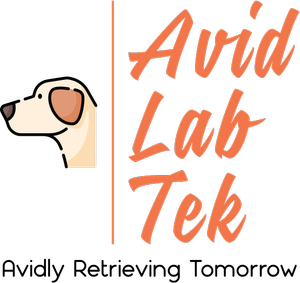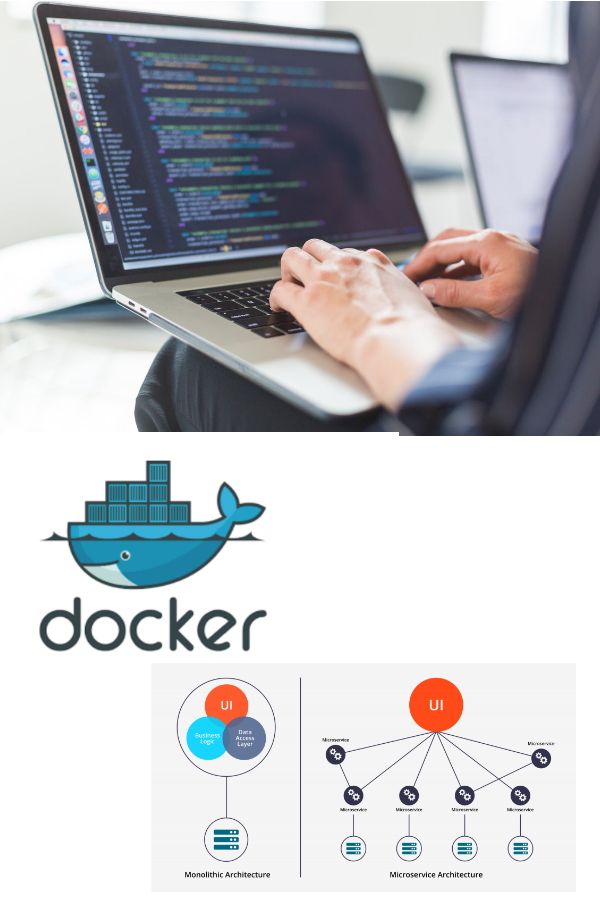
Blog Layout
Docker at Uber: How the ride-hailing giant scales with containers
site-oJ2JOg • Mar 28, 2023
How Docker Helped Uber Revolutionize the Transportation Industry

Uber, the world's largest ride-hailing company, has been leveraging containerization to support its massive scale of operations. With millions of trips completed every day, Uber relies on Docker to help deploy and manage its microservices architecture.
Here are some facts and figures that demonstrate how Docker has helped Uber scale:
- Efficiency: Docker containers enable Uber to run more applications on each server, maximizing hardware utilization and reducing operational costs. According to Uber, Docker has helped them reduce server costs by more than 40%.
- Scalability: Docker enables Uber to easily scale its infrastructure to meet the demands of peak usage times. During the Super Bowl in 2016, for example, Uber experienced a surge in demand that saw more than 1 million rides requested in a single day. Docker made it easy for Uber to scale its infrastructure to handle the load.
- Developer productivity: Docker enables Uber's developers to focus on writing code rather than managing infrastructure. By abstracting away the underlying hardware, Docker enables developers to deploy applications quickly and easily.
- Consistency: Docker ensures that Uber's applications are consistent across different environments, making it easier to deploy code to production. This consistency has helped Uber reduce the number of bugs and errors introduced during the deployment process.
- Security: Docker provides a secure runtime environment for Uber's applications, isolating them from each other and from the host system. This makes it easier for Uber to ensure the security and integrity of its applications and data.
Overall, Docker has played a critical role in enabling Uber to scale its infrastructure and deliver a seamless experience to its millions of users around the world.
Share
Tweet
Share
Mail

By sites
•
01 Mar, 2023
As software development continues to evolve, so does the architecture behind it. One of the most popular approaches today is the use of microservices and containerization with Docker. While these technologies offer many benefits, they can also be complex and overwhelming for those just starting out. That's why we're here to offer some practical advice: do what works for you. What are microservices and Docker? Microservices are an architectural approach to building software applications as a suite of small, independent services that communicate with each other via APIs. This approach allows for greater flexibility, scalability, and resilience, as each service can be developed, deployed, and managed independently. Docker, on the other hand, is a containerization platform that allows developers to package an application and all its dependencies into a container, which can be run consistently across different environments. This allows for greater portability and ease of deployment, as well as better resource utilization. Do what works for you With so many benefits, it's no wonder that microservices and Docker have become so popular. However, it's important to remember that what works for one team or project may not work for another. Here are some practical tips to keep in mind: Start small: Don't try to tackle everything at once. Start with a small project or service and gradually expand from there. This will help you get comfortable with the technology and learn as you go. Focus on your goals: Remember why you're adopting microservices and Docker in the first place. What are your goals? What problems are you trying to solve? Keep these in mind as you make decisions about architecture and implementation. Use the right tools: There are many tools available for working with microservices and Docker, but not all of them will be right for your project. Do your research and choose tools that fit your needs and goals. Keep it simple: Don't overcomplicate things. Microservices and Docker can be complex, but they don't have to be. Focus on simplicity and ease of use wherever possible. Learn from others: There is a wealth of information and resources available online for working with microservices and Docker. Don't be afraid to learn from others and ask for help when you need it. Conclusion Microservices and Docker offer many benefits for software development, but they can also be overwhelming. The key is to do what works for you. Start small, focus on your goals, use the right tools, keep it simple, and learn from others. By following these practical tips, you can successfully adopt microservices and Docker in a way that works for your team and your projects.
